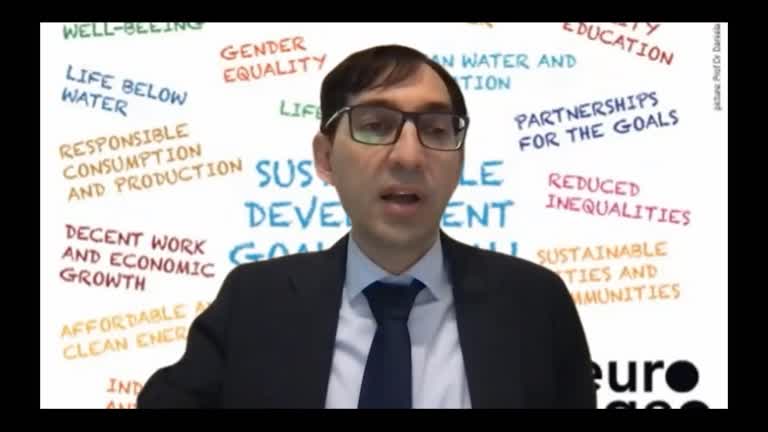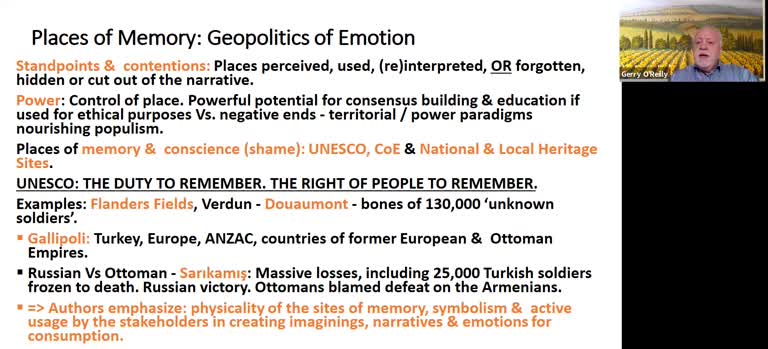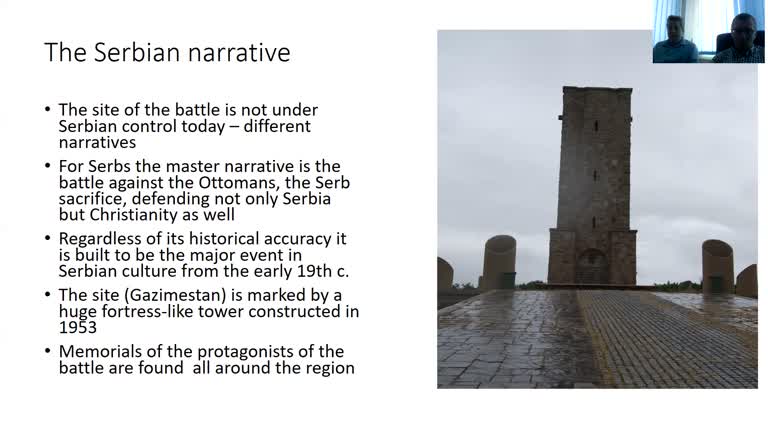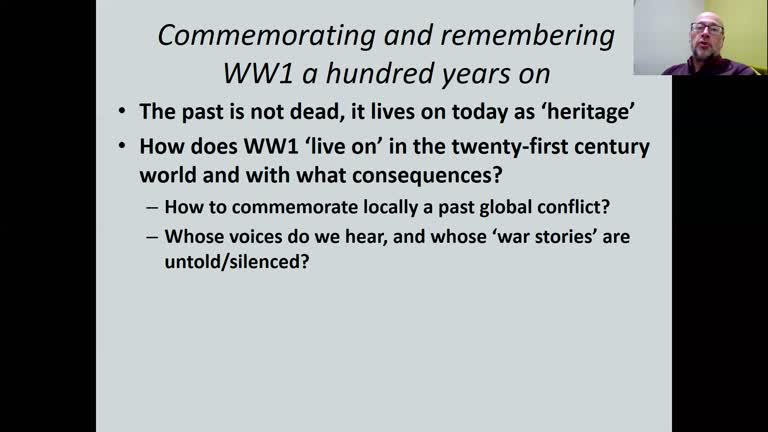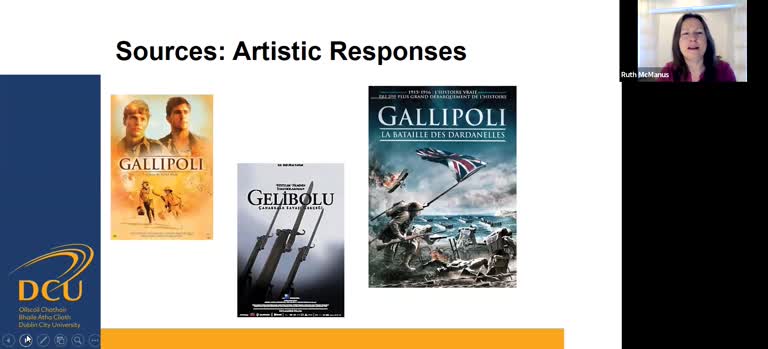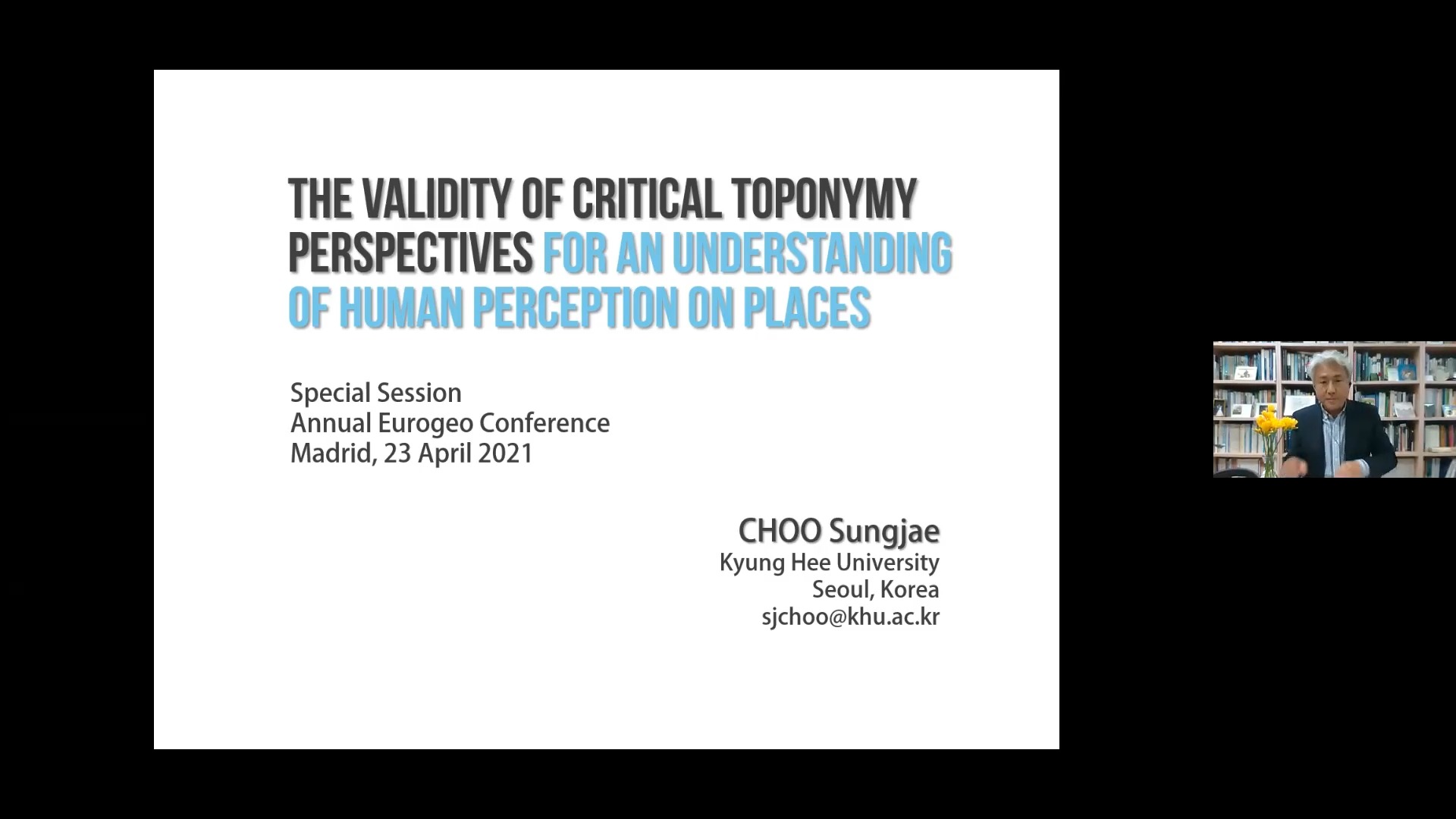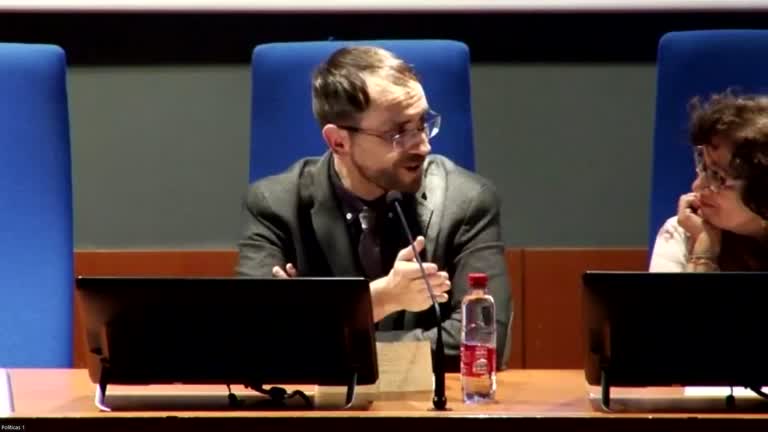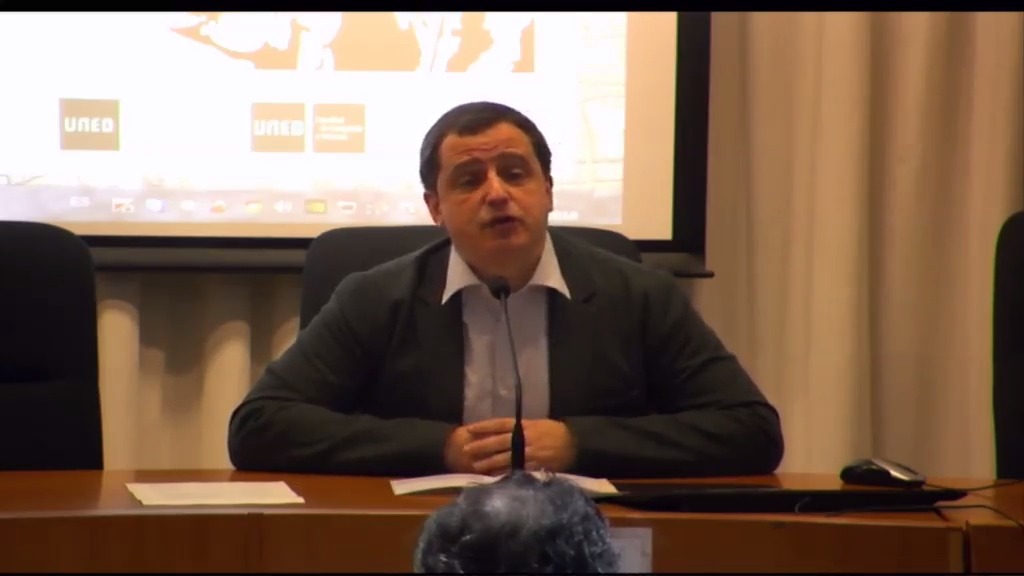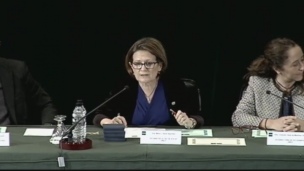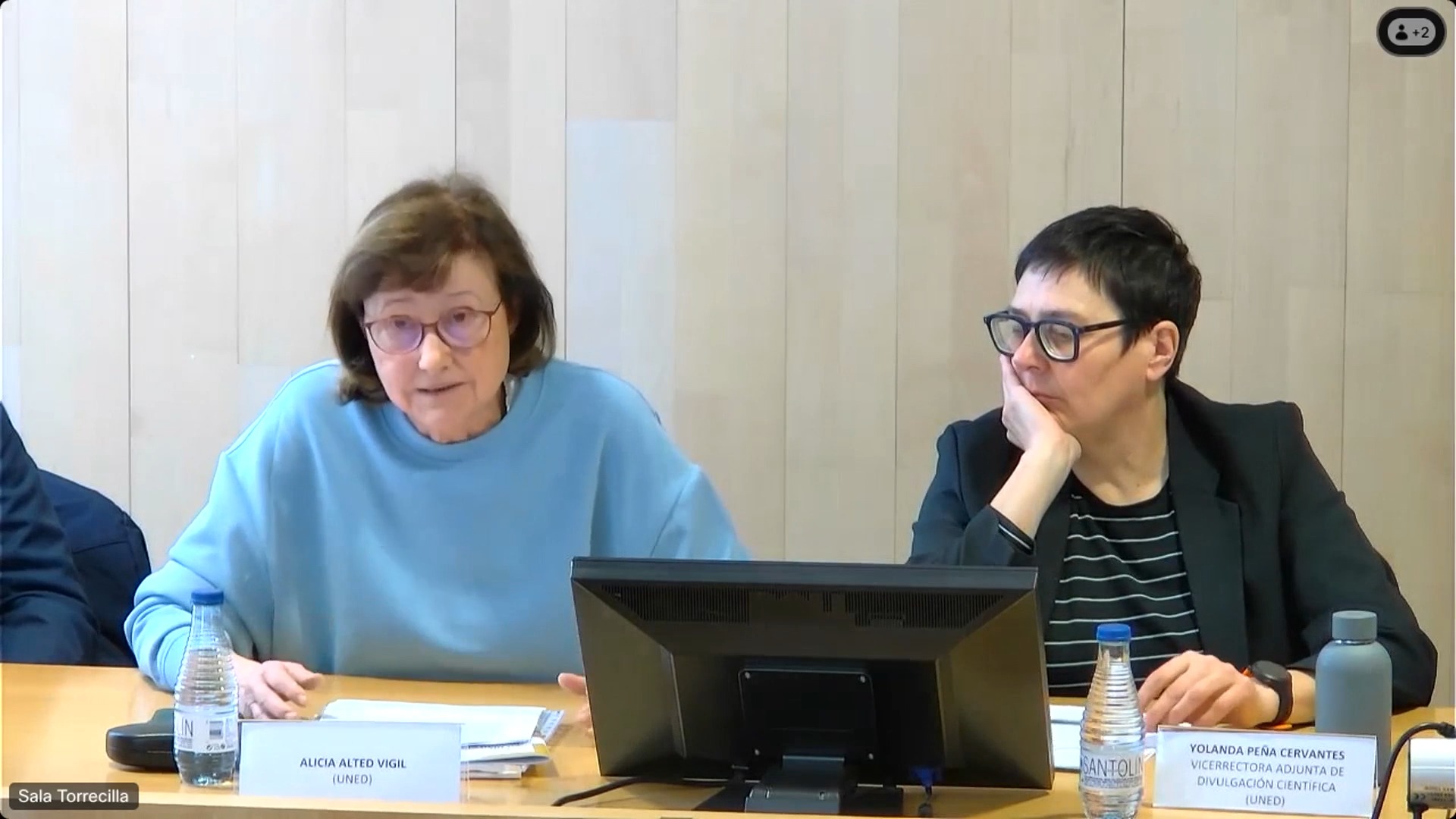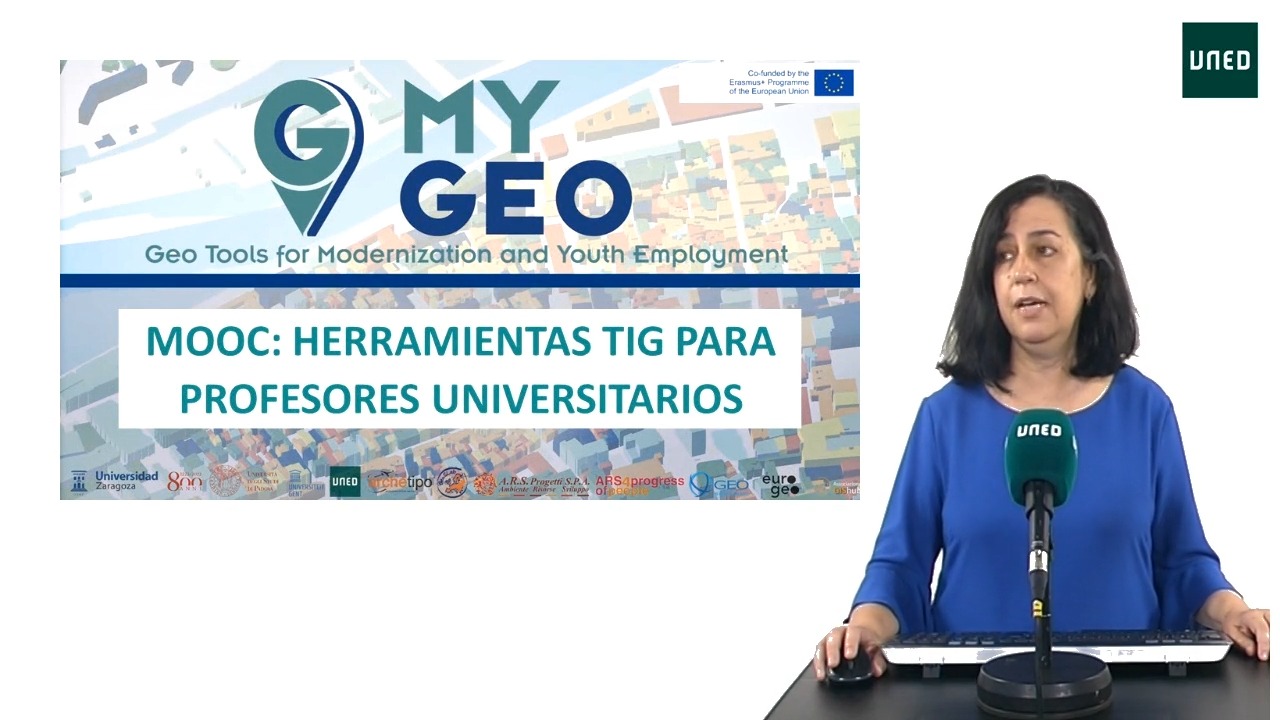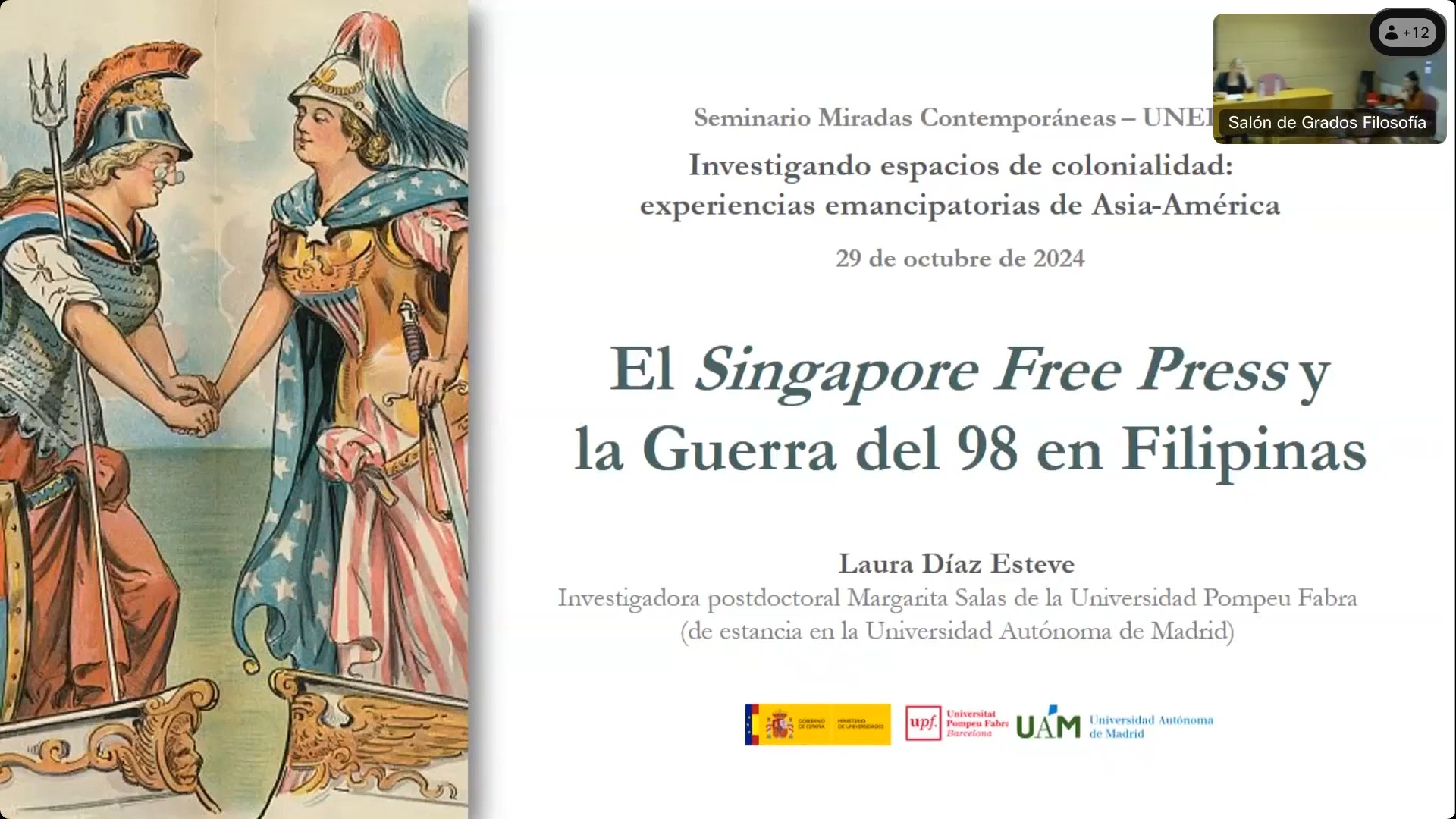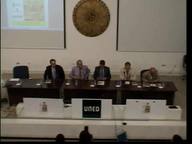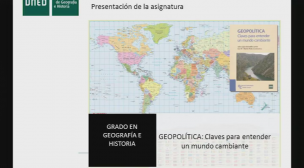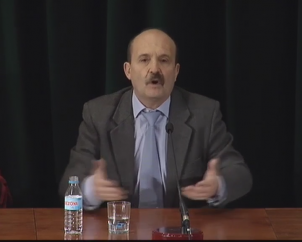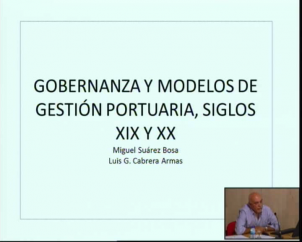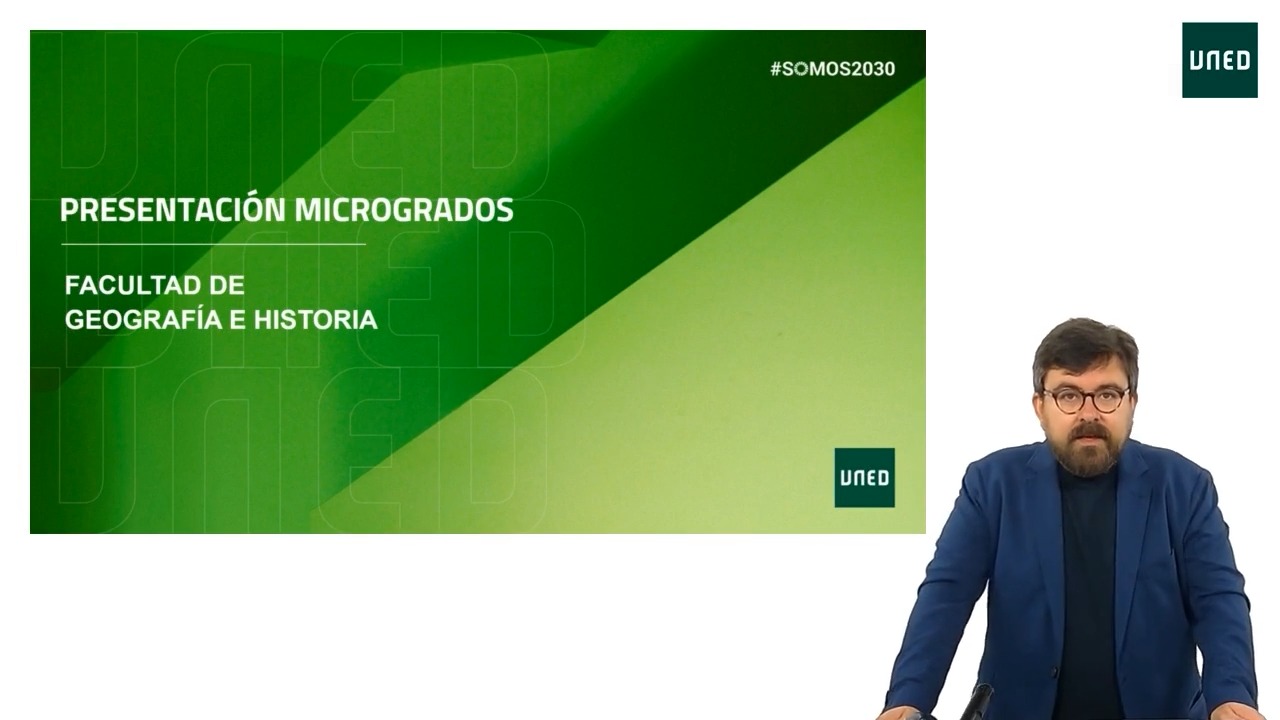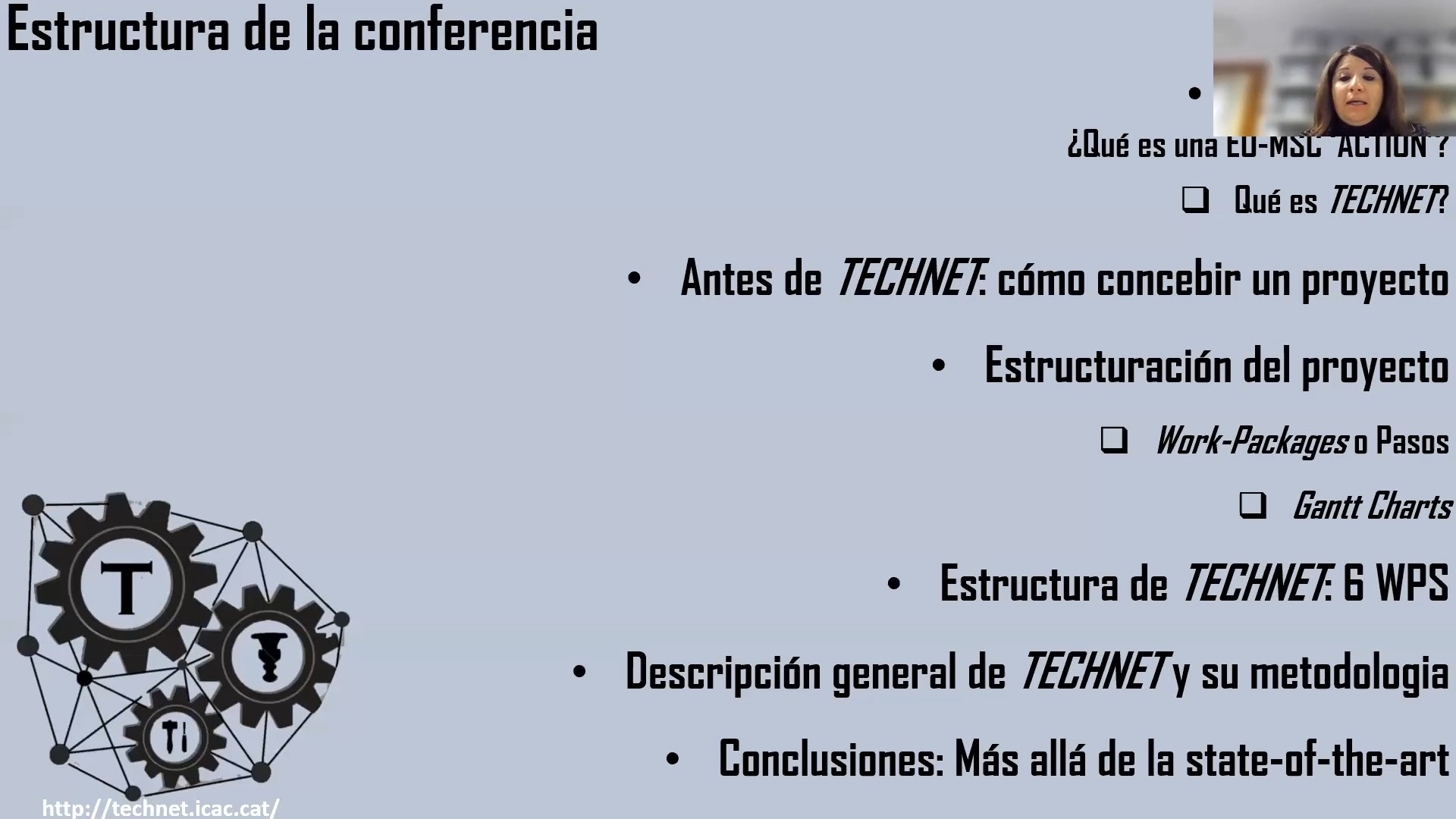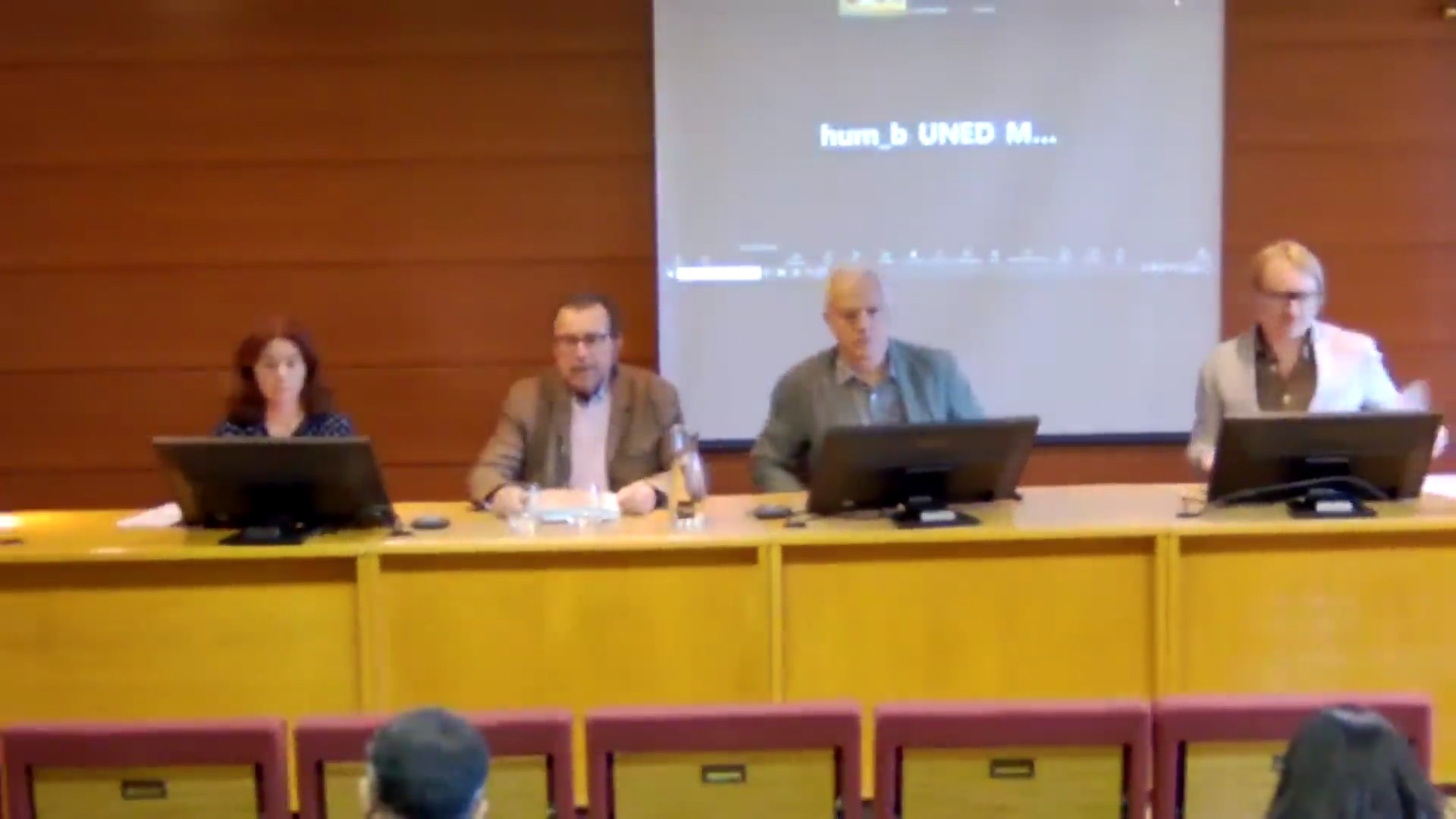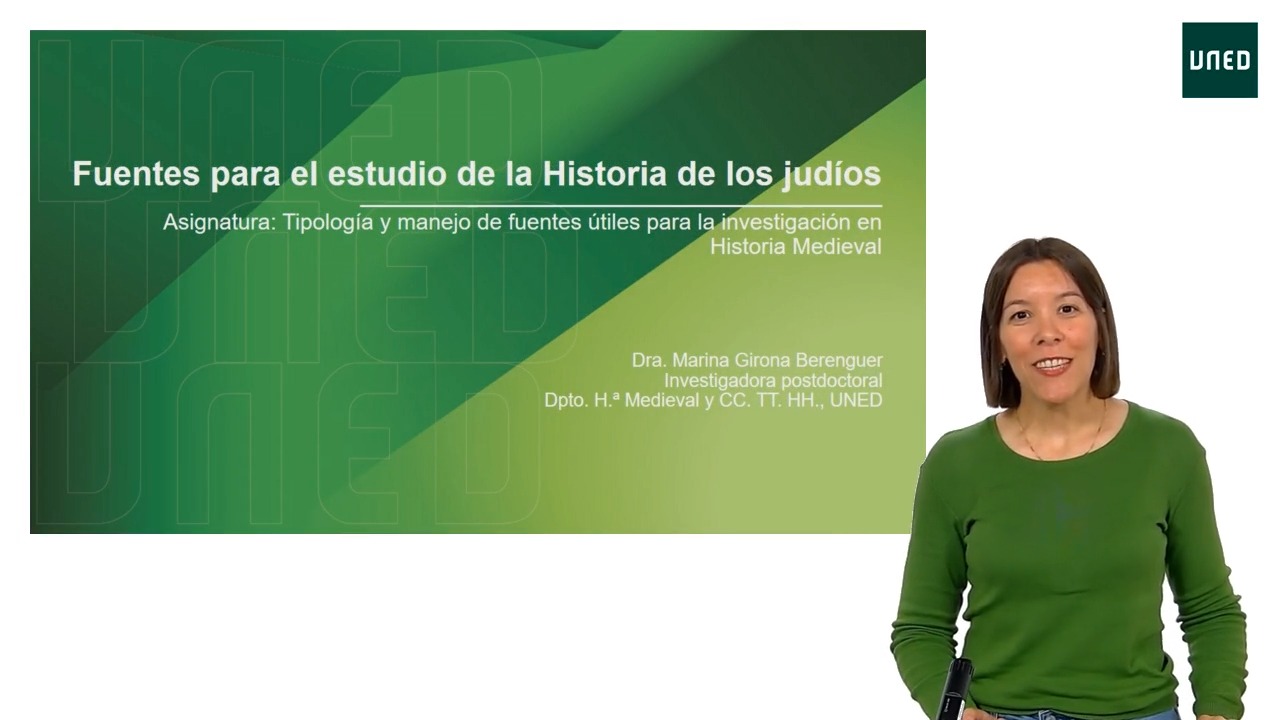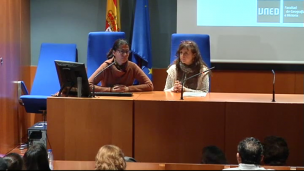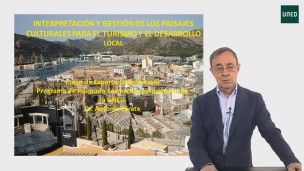Professional Challenges in Digital Humanities: Empirical Insight (HUM@N)
Digital Humanities is a broad field of research and scholarly activity that encompasses not only the use of digital methods by arts and humanities scholars and the collaboration of Digital Humanities specialists with computer science and science disciplines, but also the ways in which arts and humanities offer particular insights into major social and cultural issues that appeared with the development of digital technologies. The Digital Transformation in Humanities project consortium (HUM@N) conducted research that targeted two worlds: 1) that using digital technology in humanities (or in related fields) in higher education and 2) another working on digital humanities, often not in higher education institutions, or not even in the humanities. It is necessary to deal with both as together they determine, or deeply influence, digital transformation in the humanities. The research aimed to identify the current level and nature of ICT use and the extent of variation, if any, between subject domains. Similarly, we were interested in educational and research activities in the humanities that are supported by ICT, as they are highly interrelated. A Strengths-Weaknesses-Opportunities-Threats Analysis (SWOT) was also carried out to get an overview of the current state of opinions regarding the use of ICT in teaching and research in the humanities. As expected, opinions vary considerably, not only due to the subjectivity of the responses but also because of the objectivities that respondents face in their work.
-
Tatjana Resnik Planinc University of Ljubljana, SloveniaMarko Krevs Faculty of Arts, University of Ljubljana, SloveniaLea Rebernik University of Ljubljana, Slovenia
Archivos adjuntos
Vídeos de la misma serie ( Ver todos )


